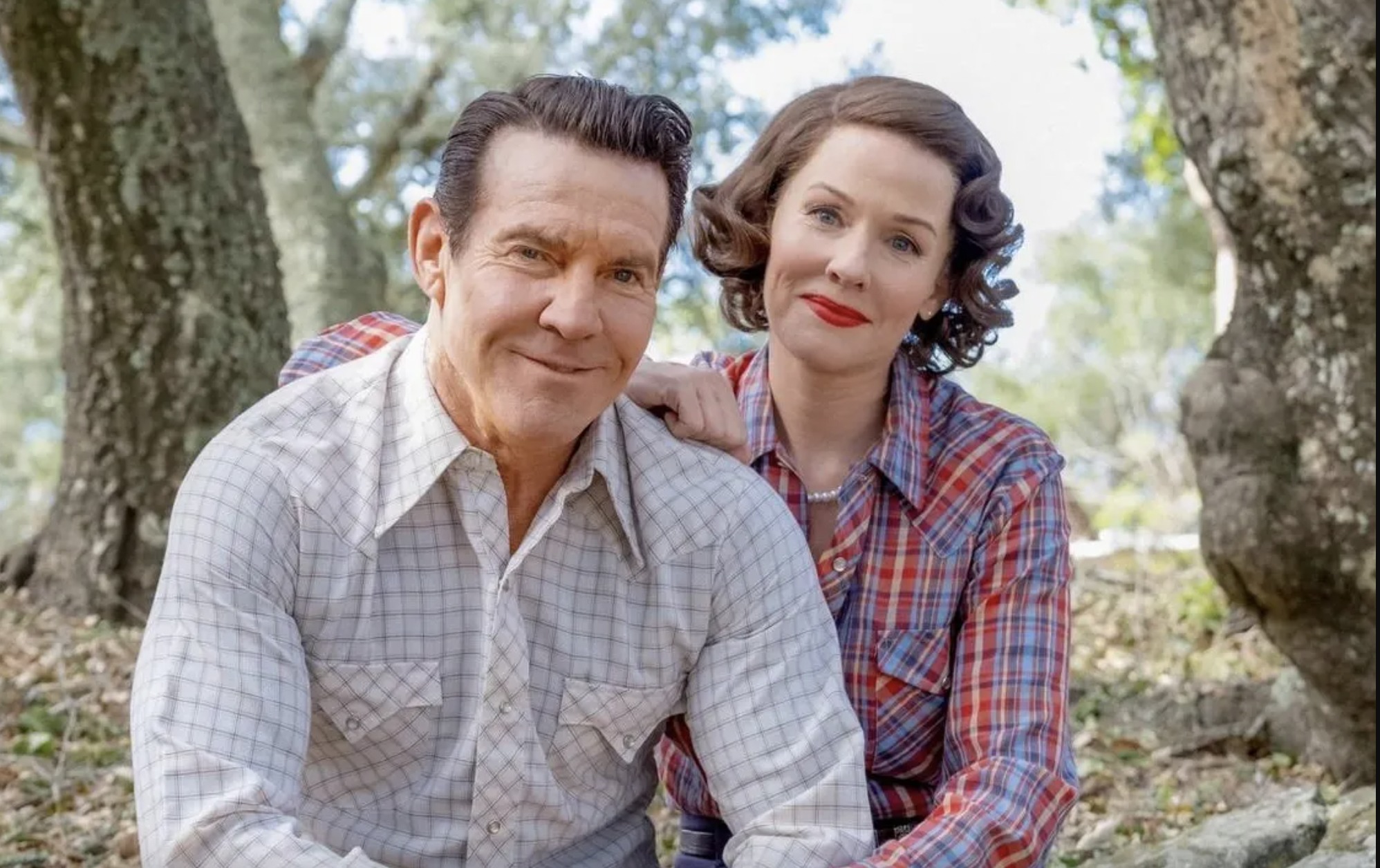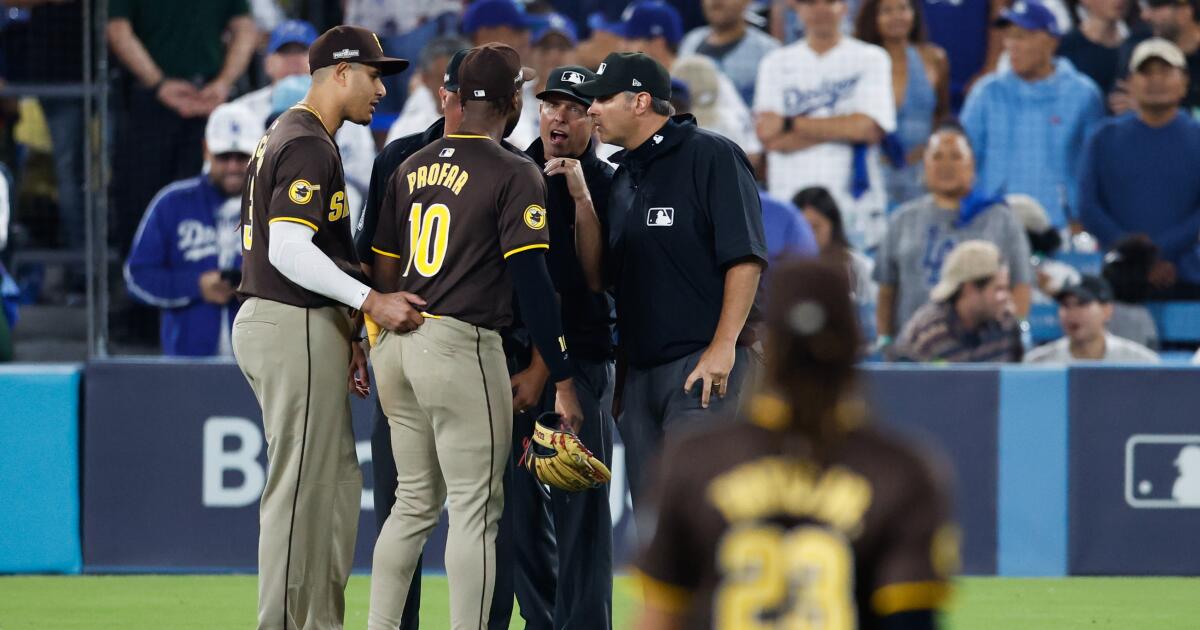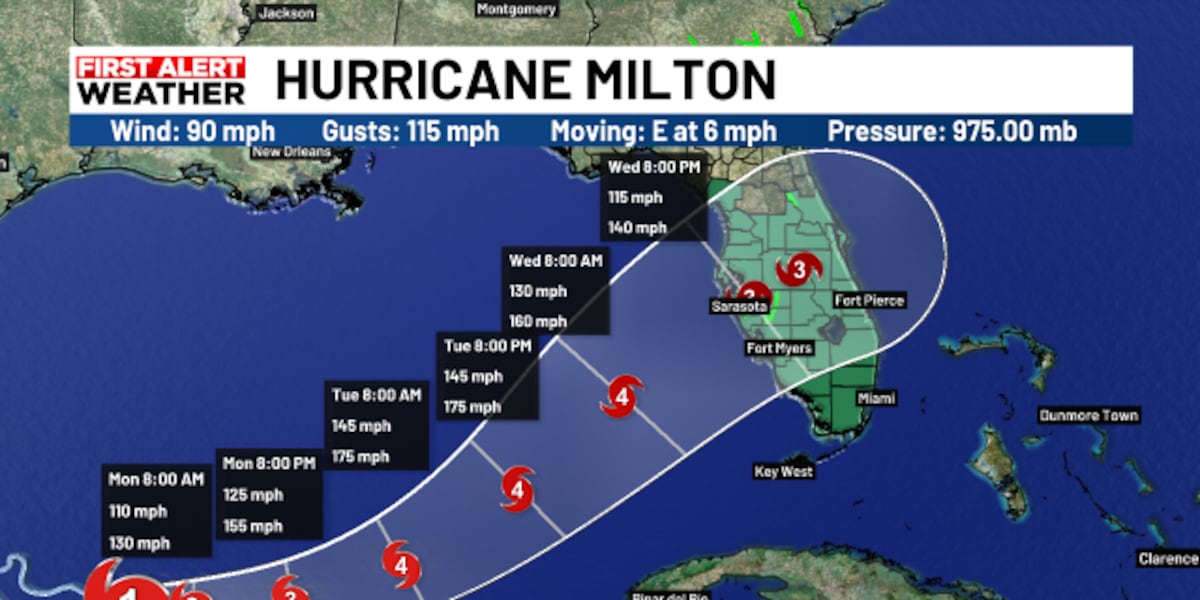Tennessee
ACLU and families of trans teens ask Supreme Court to block Tennessee ban on gender-affirming care

NASHVILLE, Tenn. — Attorneys representing Tennessee transgender teens and their families asked the U.S. Supreme Court on Wednesday to block a ban on gender-affirming care for minors that a lower court allowed to go into effect.
Should the nation’s highest court agree to take the case, it would mark the first time the justices could weigh in on restrictions on puberty blockers and hormone therapy for transgender people under 18.
Since 2021, more than 20 states have enacted laws restricting or banning such treatments, even though they have been available in the United States for more than a decade and are endorsed by major medical associations.
According to court documents filed Wednesday, the American Civil Liberties Union is asking the Supreme Court to review a September decision handed down by the 6th U.S. Circuit Court of Appeals that allowed bans in Kentucky and Tennessee to remain in effect.
Tennessee Attorney General Jonathan Skrmetti has described the decision as a “big win for democracy.”
Meanwhile, in Kentucky, attorneys representing transgender youth, their families and their medical providers say they also intend to petition the Supreme Court later this week.
Advocates for trans kids argue that having access to puberty blockers and hormone therapy is safe, necessary health care backed by every major medical group.
“Over the past few months this vicious law has already had a disastrous impact in homes and communities across Tennessee,” said Lucas Cameron-Vaughn, staff attorney for the ACLU of Tennessee, in a statement. “Families are losing access to much-needed medical care that has allowed their children to flourish. This law denies these families’ dignity and signals to their children that they do not have the freedom to lead healthy and happy lives.”
Tennessee’s Republican-dominant General Assembly, as well as some Democratic lawmakers, quickly advanced the ban earlier this year after Nashville’s Vanderbilt University Medical Center was accused of opening its transgender health clinic because it was profitable. Videos surfaced of a doctor at the private hospital touting that gender-affirming procedures are “huge money makers.” Another video showed a staffer saying anyone with a religious objection should quit.
The statute banned Tennessee health care providers from providing hormone treatments or surgeries for transgender teens where the purpose is to allow the child to express a gender identity “inconsistent with the immutable characteristics of the reproductive system that define the minor as male or female.”
The law also includes a phase-out period by March 31, 2024, for ongoing medical treatments and said no new treatments could be started. Health care providers who violated the law risked facing a $25,000 penalty and other disciplinary actions.
In Wednesday’s petition, the ACLU wrote that the appeals court “broke with numerous precedents of this Court.”
Elsewhere around the U.S., federal courts have been quick to block restrictions and bans from going into effect. A federal judge struck down Arkansas’ ban as unconstitutional in June, sparking state officials to ask an appeals court to review that decision. A federal judge initially blocked a ban in Alabama, but an appeals court has since allowed it to be enforced while attorneys fight that decision.
“It scares me to think about losing the medication that I need and if this law continues, my family may have to leave Tennessee – the place I have lived and loved my entire life,” said L.W., a 15-year-old transgender girl who is one of the unidentified plaintiffs in the Tennessee case. “And with so many new laws like Tennessee’s, it is hard to imagine where we can even go. I want the justices to know transgender people are not going away and that we deserve the same rights as everyone else.”

Tennessee
Nurse's Rescue Attempt Ended Tragically in Tennessee Flood
In a sobering tale of heroism and tragedy, Boone McCrary, a devoted emergency room nurse and outdoors enthusiast, set out to rescue a man stranded by Hurricane Helene’s flooding in Tennessee. McCrary, accompanied by his girlfriend, Santana Ray, and his chocolate lab, Moss, encountered disaster when debris clogged their boat motor, leading to a crash into a bridge support that caused the boat to overturn. Ray managed to cling to a branch until rescuers reached her hours later. McCrary and his dog died.
The man McCrary aimed to save, David Boutin, was successfully rescued after clinging to tree branches for six hours. Boutin was devastated upon learning about McCrary’s fate saying, “I’ve never had anyone risk their life for me […] He’s my guardian angel.” McCrary’s body was found days later, 21 river miles away, highlighting the unforgiving nature of Helene’s floods, which claimed 215 lives across six states.
McCrary’s selfless act underscores his commitment to others, echoed by heartfelt tributes from his coworkers at Greeneville Community Hospital. Friends and family remember him for his kindness and zest for life. His sister, Laura Harville, coordinated a massive search effort, demonstrating the profound community spirit inspired by a man whose “life wish” drove him to embrace every moment, even if it occasionally led him to be seen as both “crazy” and a bit reckless. McCrary’s legacy remains a poignant reminder of the heroic sacrifices made in the face of natural calamities. (This story was generated by Newser’s AI chatbot. Source: the AP)
Tennessee
Tennessee nurse and his dog died trying to save a man from Hurricane Helene: ‘My guardian angel’

As the Hurricane Helene-driven waters rose around the Nolichucky River in Tennessee, Boone McCrary, his girlfriend and his chocolate lab headed out on his fishing boat to search for a man who was stranded by floodwaters that had leveled his home. But the thick debris in the water jammed the boat’s motor, and without power, it slammed into a bridge support and capsized.
McCrary and his dog Moss never made it out of the water alive.
Search teams found McCrary’s boat and his dog’s body two days later, but it took four days to find McCrary, an emergency room nurse whose passion was being on his boat in that river. His girlfriend, Santana Ray, held onto a branch for hours before rescuers reached her.
David Boutin, the man McCrary had set out to rescue, was distraught when he later learned McCrary had died trying to save him.
“I’ve never had anyone risk their life for me,” Boutin told The Associated Press. “From what I hear that was the way he always been. He’s my guardian angel, that’s for sure.”
The 46-year-old recalled how the force of the water swept him out his front door and ripped his dog Buddy — “My best friend, all I have” — from his arms. Boutin was rescued by another team after clinging to tree branches in the raging river for six hours. Buddy is still missing, and Boutin knows he couldn’t have survived.
McCrary was one of at least 230 people killed by Hurricane Helene’s raging waters and falling trees across six states — Florida, Georgia, North Carolina, South Carolina, Tennessee and Virginia — and was among a group of first responders who perished while trying to save others. The hurricane caused significant damage in nearby Unicoi County, where flooding swept away 11 workers at an plastics factory and forced a rescue mission at an Erwin, Tennessee, hospital.
McCrary, an avid hunter and fisherman, spent his time cruising the waterways that snake around Greeneville, Tennessee. When the hurricane hit, the 32-year-old asked friends on Facebook if anyone needed help, said his sister, Laura Harville. That was how he learned about Boutin.
McCrary, his girlfriend and Moss the dog launched into a flooded neighborhood at about 7 p.m. on Sept. 27 and approached Boutin’s location, but the debris-littered floodwaters clogged the boat’s jet motor. Despite pushing and pulling the throttle, McCrary couldn’t clear the junk and slammed into the bridge about two hours into the rescue attempt.
Helene’s path of destruction
- Helene slammed into Florida’s Big Bend coastline Thursday night as a Category 4 hurricane, pounding the state with 155-mph gusts and killing at least 13.
- Helene moved northeast into Georgia, where it was downgraded to a tropical storm by Friday morning, but winds and floods left 25 dead in the state.
- By Friday afternoon, Helene had moved over parts of Tennessee, Virginia, North Carolina and South Carolina, where at least 29 died.
- Relentless rain drenched Appalachia Friday night, sending floodwaters and mudslides crashing through mountain towns.
- In North Carolina, at least 35 people died in the Asheville area, and a tornado injured 15 in Rocky Mount.
- Over the weekend, rescuers struggled to clear roads and recover bodies. The death toll is 192 and counting.
READ MORE
“I got the first phone call at 8:56 p.m. and I was a nervous wreck,” Harville said. She headed to the bridge and started walking the banks.
Harville organized hundreds of volunteers who used drones, thermal cameras, binoculars and hunting dogs to scour the muddy banks, fending off copperhead snakes, trudging through knee-high muck and fighting through tangled branches. Harville collected items that carried McCrary’s scent — a pillowcase, sock and insoles from his nursing shoes — and stuffed them into mason jars for the canines to sniff.
On Sunday, a drone operator spotted the boat. They found Moss dead nearby, but there was no sign of McCrary.
Searchers had no luck on Monday, “but on Tuesday they noticed vultures flying,” Harville said. That was how they found McCrary’s body, about 21 river miles (33 kilometers) from the bridge where the boat capsized, she said.
The force of the floodwaters carried McCrary under two other bridges, under the highway and over the Nolichucky Dam, she said. The Tennessee Valley Authority said about 1.3 million gallons (4.9 million liters) of water per second was flowing over the dam on the night McCrary was swept away, more than double the flow rate of the dam’s last regulated release nearly a half-century ago.
Boutin, 46, isn’t sure where he will go next. He is staying with his son for a few days and then hopes to get a hotel voucher.
He didn’t learn about McCrary’s fate until the day after he was rescued.
“When the news hit, I didn’t know how to take it,” Boutin told the AP. “I wish I could thank him for giving his life for me.”
Dozens of McCrary’s coworkers at Greenville Community Hospital have posted tributes to him, recalling his kindness and compassion and desire to help others. He “was adamant about living life to the fullest and making sure along the way that you didn’t forget your fellow man or woman and that you helped each other,” Harville said.
McCrary’s last TikTok video posted before the hurricane shows him speeding along the surface of rushing muddy water to the tune, “Wanted Dead or Alive.” He wrote a message along the bottom that read:
“Some people have asked if I had a ‘death wish.’ The truth is that I have a ‘life wish.’ I have a need for feeling the life running through my veins. One thing about me, I may be ‘crazy,’ Perhaps a little reckless at times, but when the time comes to put me in the ground, you can say I lived it all the way.”
Tennessee
'I’m so grateful to these people.' Latino workers in storm-hit Tennessee feel isolated but hopeful
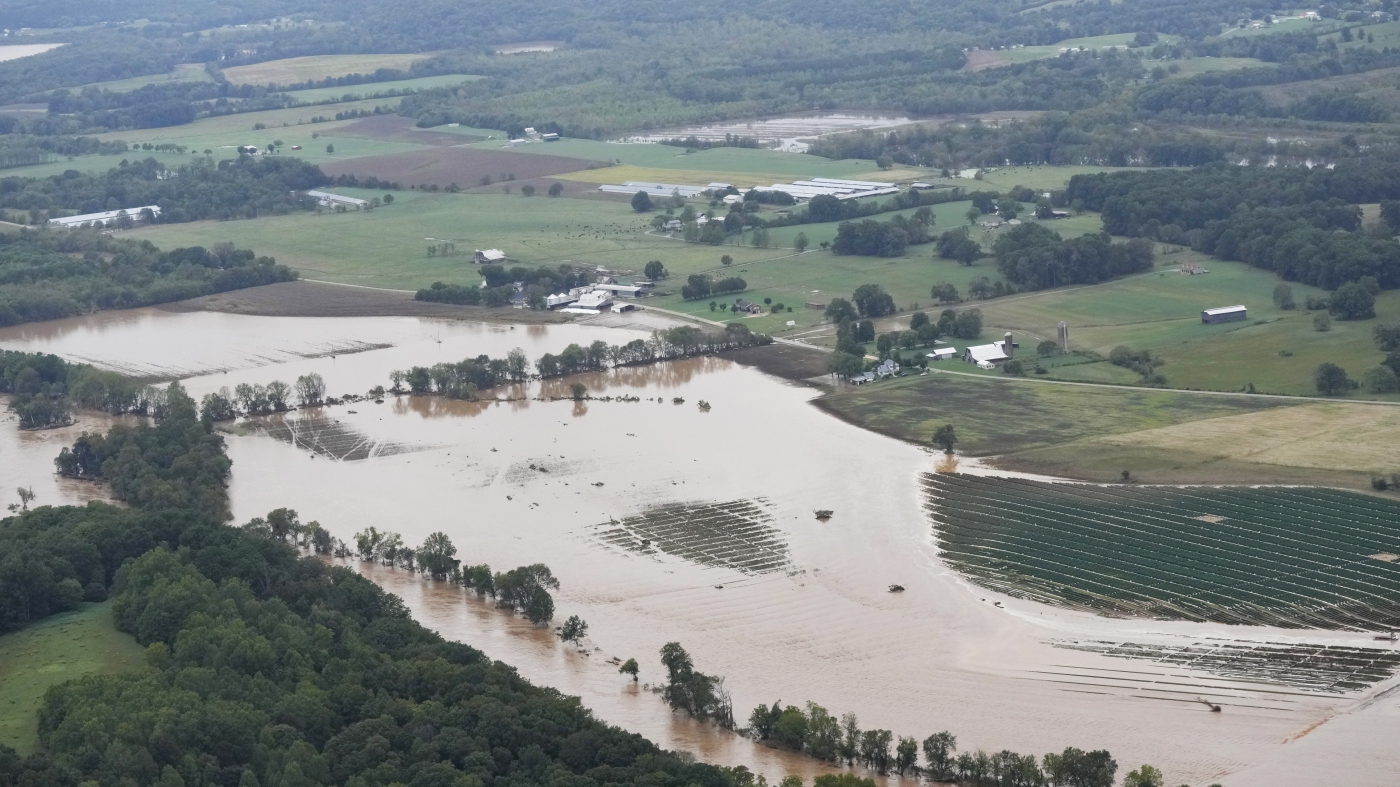
An aerial view shows flood damage left by Hurricane Helene along the Nolichucky River in norteastern Tennessee on Sept. 28. ecovery has been slow in the mountainous area of eastern Tennessee and western North Carolina.
George Walker IV/AP
hide caption
toggle caption
George Walker IV/AP
NEWPORT, Tenn. — Marlon Espinoza and Daniel López are sitting outside their cabin one recent evening. The sky is filled with stars and the air is crisp in northeastern Tennessee.
The two men are farm workers from Sinaloa, Mexico. They pick tomatoes. It’s their fourth season working on this farm, they say.
“We get good pay, and we can help our families back home,” says Espinoza, who is 32.
“But this season has been harder,” adds López, 24. He’s wearing a T-shirt with the picture of an eagle, and a land of the free, home of the brave, America logo.


Hurricane Helene ravaged the Southeast just over a week ago, including where the tomato farm sits outside Newport.
“We lost our food and other belongings, like clothes,” López says. “The refrigerator was knocked down by the water, and all the food spilled out. We didn’t expect it to be that bad.”
López says he and the other workers knew a storm was coming, but they didn’t think the river would rise so quickly. He says they all scrambled to get whatever belongings they could and moved to higher ground.
“Water came up to here,” says López, pointing to his knees.

Marlon Espinoza, 32, and Daniel López, 24, pose for a portrait at the tomato farm where they work near Newport, Tenn.
Marisa Peñaloza
hide caption
toggle caption
Marisa Peñaloza
This disaster is of unprecedented scope. More than 200 people across the Southeast U.S. have been killed by Hurricane Helene, and recovery has been slow in the mountainous area of eastern Tennessee and western North Carolina.
Communities in this part of Tennessee are relying heavily on nonprofit groups and on neighbors’ good will to provide water, cleaning supplies and food. For the Hispanic community in flood-ravaged parts, though, getting help is complicated by language and cultural barriers, leaving some people feeling isolated, especially these farm workers.
The larger Latino community is reaching out to help Latinos
On a clear night, a group of volunteers descend on the tomato farm bringing food and water to Espinoza and López and the other farm workers here.
“We want to tell you that what we are doing tonight is the least we can do for our people,” pastor Alexis Andino says as the workers gather around. “It’s the minimum a Hispanic can do for another Hispanic. We thank God we are alive.”

Andino came from Honduras, and he’s lived in Tennessee for almost three decades.
Julio Colíndres, a volunteer, walks around with a box filled with food bags.
“Ya tiene bolsita?” Do you have a baggie already?” he asks.
“Frijoles!” beans!” Colíndres shouts to the crowd.
Rogelio Morales, from Guatemala, stands in the field clutching his food bag. “I got two pieces of bread, water, a bag of sandwiches, a can of beans, a can of pears,” he says with a smile on his face.
“This is the first time we get help” since Helene made landfall here, says Morales. “We survived on Maruchan.” He’s talking about the popular instant noodle soup.
Seeking help outside the farm is unfathomable to him. “I really don’t know how to navigate the area,” he says.
“I’m so grateful to these people, it feels good to have something,” he says, his voice trailing. “It’s good to know that there are people who think about us, people who are in need.”

Sandra de Leon (right) hands out supplies to people from the community of Newport, Tenn. She and her husband, Ruben Aguilar, came to the U.S. from Guatemala decades ago and now manage 180 properties in the nearby town of Pigeon Forge.
Rubén Aguilar
hide caption
toggle caption
Rubén Aguilar
Morales smiles again just thinking of what’s next. “We are going to have dinner now,” he says with a laugh.
For some volunteers, this work is personal
“This hit really close to home,” says Sandra de Leon, talking about the storm and its impact on the farm workers. She and her husband are the main drivers of this grassroots aid effort tonight.
De Leon, 43, says so many people have been generous — sending donations even from out-of-state: “People have been calling me asking, ‘What do you need, what do people need?’ ”
She and her husband, Ruben Aguilar, came to the U.S. from Guatemala decades ago.
“We’ve done what they’ve done,” she says. “We’ve migrated. We’ve picked tomatoes. We’ve cleaned houses, we’ve done everything.”

Today, the couple are successful owners of a cleaning business. They manage 180 properties in Pigeon Forge, Tenn., and it’s some of these cabin owners who have been pitching in since Helene hit.
De Leon says it’s also important to help farm workers because they help feed society. “They pick the fruits and the vegetables that we buy. So they are very important and they’re the people [who] get less attention,” she says.
The couple is also helping their all-Latino workforce, they say.
Grateful to have a job
Hurricane Helene left the tomato farm in bad shape, and Espinoza says they went days with no work and no power and water. Work resumed a few days ago; power and water have come back, as well.
López laments the changes that Helene brought. “We were harvesting, and there’s no more harvest now. We are doing clean-up work now — we are cleaning all the mess the hurricane left behind,” he says.
But both men say they feel grateful. And when their contract ends at the end of this month here in Tennessee, they say they’ll head to Florida for their next job.
The gathering on the farm dwindles, and Pastor Andino calls for a prayer.
“Thank you, God, for this day, for giving us this gift,” he prays. “Thank you for the opportunity that you’ve given these men and women working here to survive, for allowing life and health to persevere in the midst of destruction and suffering.
“Amen.”
-
/cdn.vox-cdn.com/uploads/chorus_asset/file/25439572/VRG_TEC_Textless.jpg)
/cdn.vox-cdn.com/uploads/chorus_asset/file/25439572/VRG_TEC_Textless.jpg) Technology4 days ago
Technology4 days agoCharter will offer Peacock for free with some cable subscriptions next year
-

 World4 days ago
World4 days agoUkrainian stronghold Vuhledar falls to Russian offensive after two years of bombardment
-

 World4 days ago
World4 days agoWikiLeaks’ Julian Assange says he pleaded ‘guilty to journalism’ in order to be freed
-

 Technology3 days ago
Technology3 days agoBeware of fraudsters posing as government officials trying to steal your cash
-
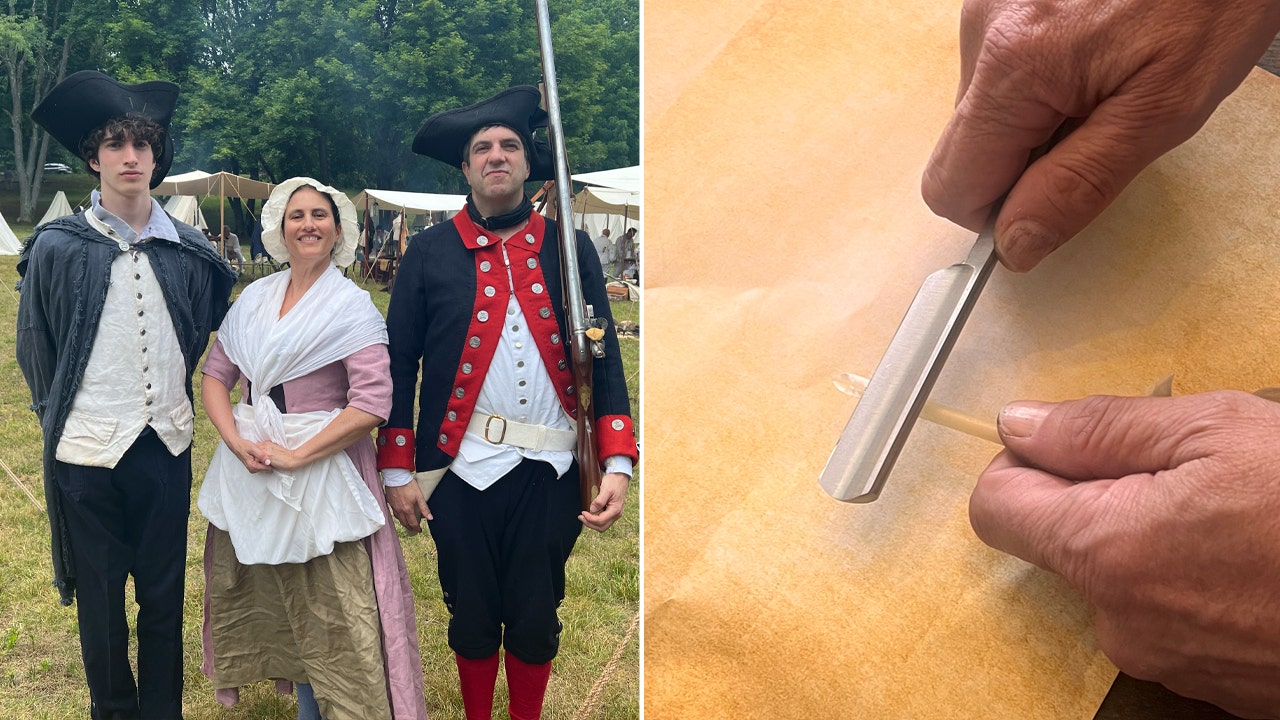
 Health2 days ago
Health2 days agoHealth, happiness and helping others are vital parts of free and responsible society, Founding Fathers taught
-
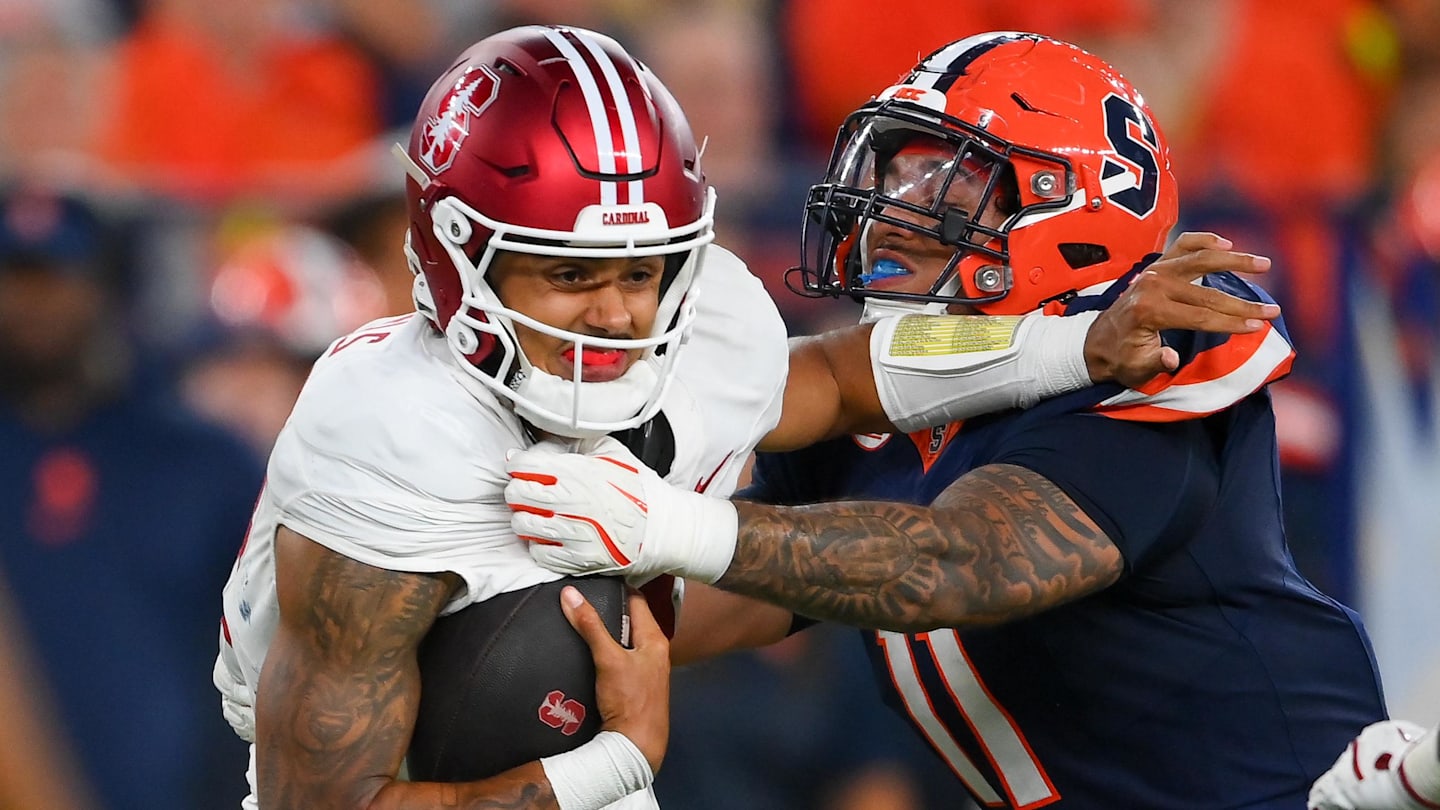
 Virginia5 days ago
Virginia5 days agoStatus for Daniels and Green still uncertain for this week against Virginia Tech; Reuben done for season
-

 Sports2 days ago
Sports2 days agoFreddie Freeman says his ankle sprain is worst injury he's ever tried to play through
-

 News2 days ago
News2 days agoLebanon says 50 medics killed in past three days as Israel extends its bombardment


